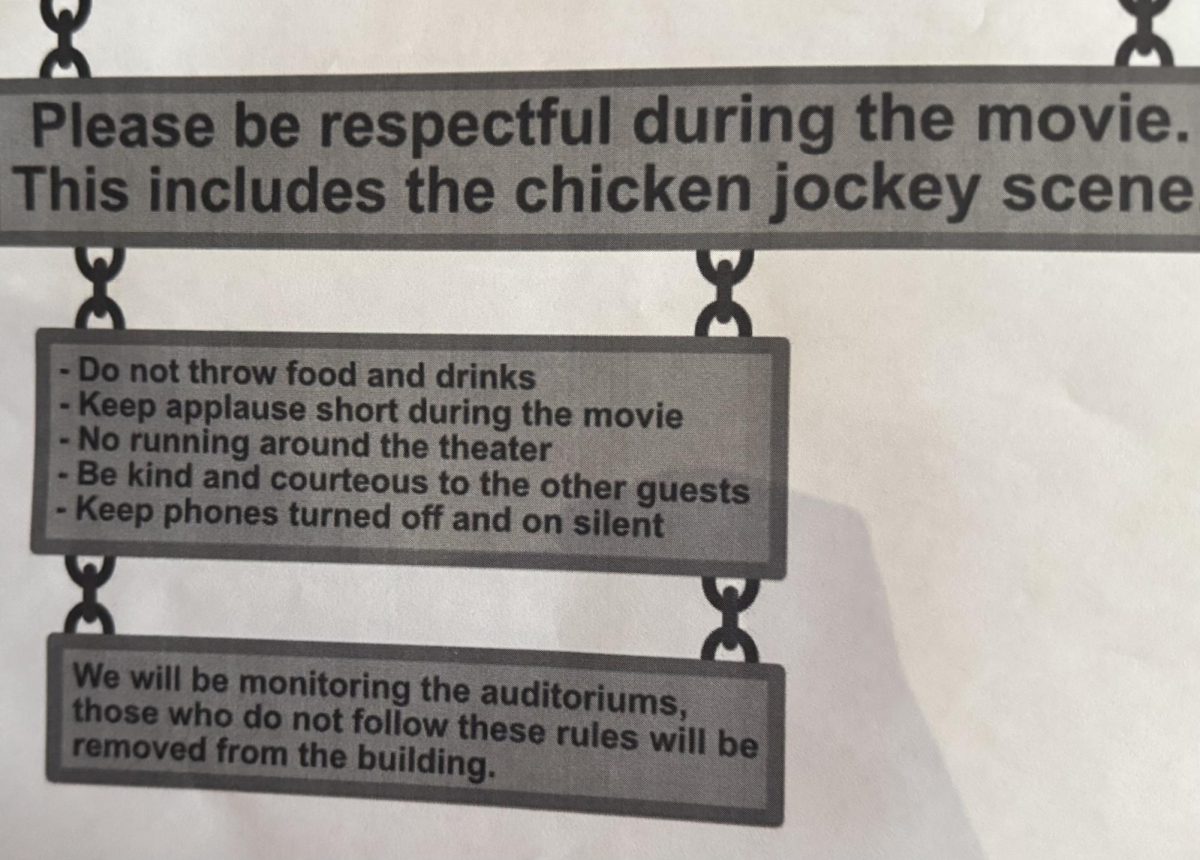On November 29, 2023, Macalester’s Chief Financial Officer Patricia Langer emailed Macalester students to share the details of the “Inclusive Access Course Materials Program” set to begin during the Fall 2024 semester. As the email explained, the Highlander’s course material retail component is set to go away. Replacing it is First Day Complete, a program charging a not-yet-set semesterly fee for access to rentals of all “traditional textbooks, language access codes, and non-textbook materials submitted as required readings” (by faculty and instructors). While students are theoretically given the option to opt out and acquire course materials on their own, Langer’s shared document does “not recommend” this.
First Day Complete is sold as an equity-minded best choice for students, one that we should universally accept. However, Macalester’s adoption of this program isn’t as smooth as we might be led to believe from Barnes and Noble’s marketing. Macalester explored and ultimately decided against implementing nearly the same policy when we were offered First Day Complete in 2021.
Now it is our only choice to avoid losing our textbook vendor. Under these circumstances, Mac isn’t rethinking our relationship with Barnes and Noble but instead choosing to move forward with First Day Complete. Student input, accurate cost data and room for free material sharing options are all lacking from this decision. Instead, this program asks students to buy into a system that erodes student choice in favor of a profit-preserving subscription model handing full market control to Barnes & Noble.
Having been involved with the course material issue as a student worker at the Library and member of Macalester College Student Government’s (MCSG) Academic Affairs Committee (AAC) since I started at Mac, I have seen Macalester’s imminent adoption of this automatic textbook billing program change shape in response to concerns raised by the community. I am glad to see the inclusion of some non-textbook materials such as online workbook access codes accounted for in the document shared. Still, this program fails to lower costs for most students and instead serves as a mechanism for Barnes & Noble College to secure profits from the work the Macalester community has already done to sustainability share, consolidate, reuse, and generate course materials.
The document calls the policy “inclusive access,” mirroring the language used by the Barnes & Noble College website, which calls similar policies “equitable and inclusive access.” The basic idea is that a single fee, added onto tuition, makes it easier to factor costs of course materials into financial aid packages. At the November 30, 2023 Legislative Body (LB) meeting, President Rivera expressed that the goal is to take care of the highest-need students.
This goal is admirable and I certainly support ways to relieve the cost burden for those with the most need. However, internal documents show that similar programs at peer colleges have $300-$400 semesterly fees. Langer’s policy document lacks any mention of the existing cost of course materials. The library’s 2022 Course Material Affordability Survey found that the median student respondent only spends $120 a semester on textbooks. While the survey does not distinguish between textbooks and auxiliary materials such as language codes or art supplies, language codes are generally bundled with textbook purchases. With these two numbers in mind, it seems that an automatically-charged $400 additional fee isn’t a measure to save student money but to save the profit margin of Barnes & Noble, major textbook publishers and online curriculum package vendors.
Perhaps the most distressing element of automatic textbook billing is the removal of agency from students. Macalester students are highly resourceful at getting materials. Ranging from the extralegal to the student government, the textbook affordability survey shows many measures to find, share, or reuse materials for far less than the bookstore price. Since 2009, AAC has funded the purchase of shared textbooks circulating at the library. I worked to raise the semester budget in spring 2022 from $10,000 to $13,000 annually; in the entire history of AAC collaborating with the library on course reserves, over $100,000 student activity fee dollars have gone to building this library section. Library staff have been incredible collaborators in alleviating the cost burden, with the program extending to some non-book or DVD materials like a bird-watching kit and a skeleton available for osteology students.
Additionally, faculty and instructors are taking great strides to reduce their reliance on expensive, single-use resources. In a talk my committee organized last spring, we heard the story of Grenzenlos Deutsch, a free online German textbook that brought people from all over the Macalester community together to create a curriculum for the first year of German. While resources like this take lots of time and money to create, faculty all over campus are finding free resources, facilitating material sharing or making great strides in generating cheaper or open resources.
Investing in shared course resources is a far cheaper and sustainable approach towards reducing course material costs, and the textbook industry knows this. Textbook publishers and vendors are resorting to digital materials that require the purchase of non-shareable subscriptions such as language access codes. Vendors are increasingly only offering automatic textbook billing plans to fight the resourcefulness of students, faculty, instructors and library staff. Regardless of the circumstances of the textbook industry, students shouldn’t be forced into footing the bill.
I and many other students in and out of MCSG see the adoption of this program as misguided. I understand that Barnes & Noble Booksellers set the rules, and the administration entered this deal with an eye to expand the set of materials covered and retain the opt-out option. However, it is time for our school to look past corporate textbook vendors, and instead figure out ways to support each other in sharing and developing new materials as we move beyond single-use, subscription-based textbooks, workbooks and digital access codes.
If our college’s stated goals are community and intellectual curiosity, we should be fostering sharing and collaboration in our textbook and course material policies rather than prioritizing the profit margins of third-party corporations.








M L Hall • Feb 6, 2024 at 11:53 am
A fantastic opinion piece in every way. Thank you from a Mac parent!
Joel S • Feb 17, 2024 at 3:45 pm
Thank you and thank you for reading!